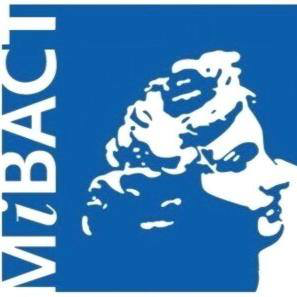Summary (English)
The archaeological structures emerged immediately below the cultivated terrain in an area of c. 70m2 in the S-W corner of an area being leveled for the construction of a new building. What came to light were two parallel walls on a N-S- alignment of medieval date above a substantial prehistoric deposit attested by occupation and abandonment levels rich in pottery and a length of dry-stone wall, probably part of a terrace.
Due to financial difficulties available only two small trenches were dug. However, these trenches verified the lowering of the rock substratum towards the west and the deepening of the Iron Age stratification in that direction.
Overall five archaeological phases were identified. A dry-stone wall, worthy of particular mention, crosses the area examined on a NW-SE alignment and is partially set into a cut in the rock. An occupation level containing many fragments of prehistoric pottery is probably in phase with the wall. The subsequent phases of abandonment and the destruction of the earliest wall can also to be placed within the prehistoric period. These phases are attested by layers rich in finds, including a fragment from a flint knife blade.
Given the situation, the land owners have decided not to build the basement that was foreseen in the zone where the finds were made and have agreed to modify the project as requested by the Superintendency in order to protect the archaeological stratigraphy. (Stefania Jorio, Luca Bergamini)
Director
- Stefania Jorio - Soprintendenza Beni Archeologici della Lombardia
Team
- Maria Destri - SAP società archeologica s.r.l. di Mantova
- Luca Bergamini - SAP società archeologica s.r.l. di Mantova
Research Body
- Soprintendenza per i Beni Archeologici della Lombardia
Funding Body
- Ministero per i Beni e le Attività Culturali
Images
- No files have been added yet




